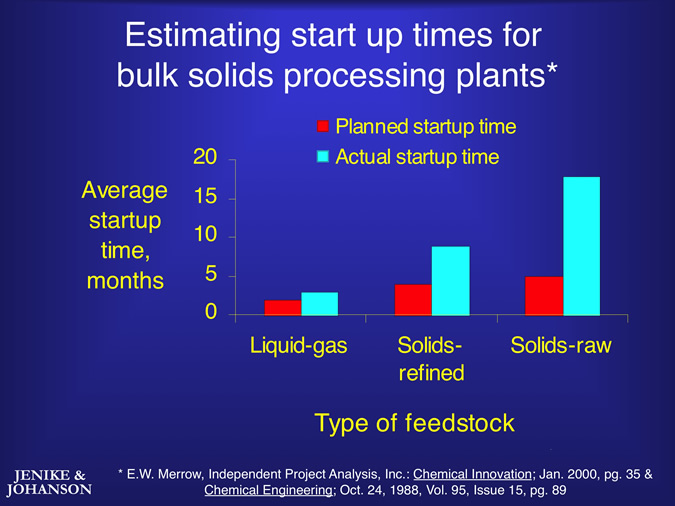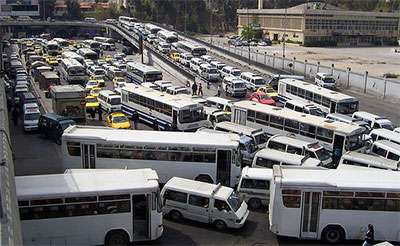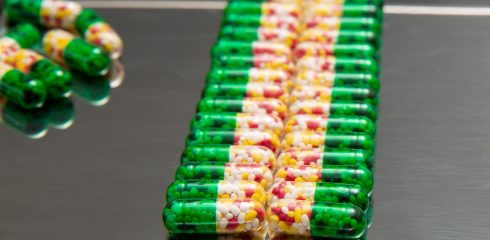
 Twice in the last week I have had to drive to the south of Western Australia to visit clients’ sites. The last trip caused a lot of frustration because of road works that added well over 45 minutes to the journey. City planning at its best! Let us tear up the road and reduce available lanes during rush hour. As I watched an asphalt planar go past, it was traveling faster than me, it started me thinking about bottlenecks. Now don’t get me wrong, I like bottlenecks, on wine bottles, beer bottles and generally any consumable liquid as they help prevent spillage and more ingestion (or indigestion)! However, in the context of road works and my industry, bulk materials handling, bottlenecks are just plain BAD.
Twice in the last week I have had to drive to the south of Western Australia to visit clients’ sites. The last trip caused a lot of frustration because of road works that added well over 45 minutes to the journey. City planning at its best! Let us tear up the road and reduce available lanes during rush hour. As I watched an asphalt planar go past, it was traveling faster than me, it started me thinking about bottlenecks. Now don’t get me wrong, I like bottlenecks, on wine bottles, beer bottles and generally any consumable liquid as they help prevent spillage and more ingestion (or indigestion)! However, in the context of road works and my industry, bulk materials handling, bottlenecks are just plain BAD.
Bottlenecks due to material handling issues, can result in loss in profit, in the order of millions of dollars per hour. They occur for various reasons like increasing throughput in a transport system originally designed for a lower throughput, changing material characteristics (e.g. finer material, increased moisture content), changing to a new type of material or blend which again alters handleability, or changes in operational philosophy due to equipment availability or process utilization.
In bins and hoppers, material may discharge through a central flow channel resulting in the formation of a stable rathole, which can then collapse causing material to flood the downstream system and cause significant downtime for clean up (e.g. railcars beneath train load outs). In transfer chutes, bottlenecks can be caused by pluggages, or downtime required for the change-out of liners due to excessive wear. In ship loading, long settling or de-aeration time, or material exceeding its Transportable moisture limit (TML) may result in further bottlenecks.

Across every industry bottlenecks cause delays and loss of money. Dr Andrew Jenike created a whole science devoted to solving bulk material handling issues and therefore problems associated with bottlenecks. Now, all I have is one question, which doctor do I call about roadwork?





